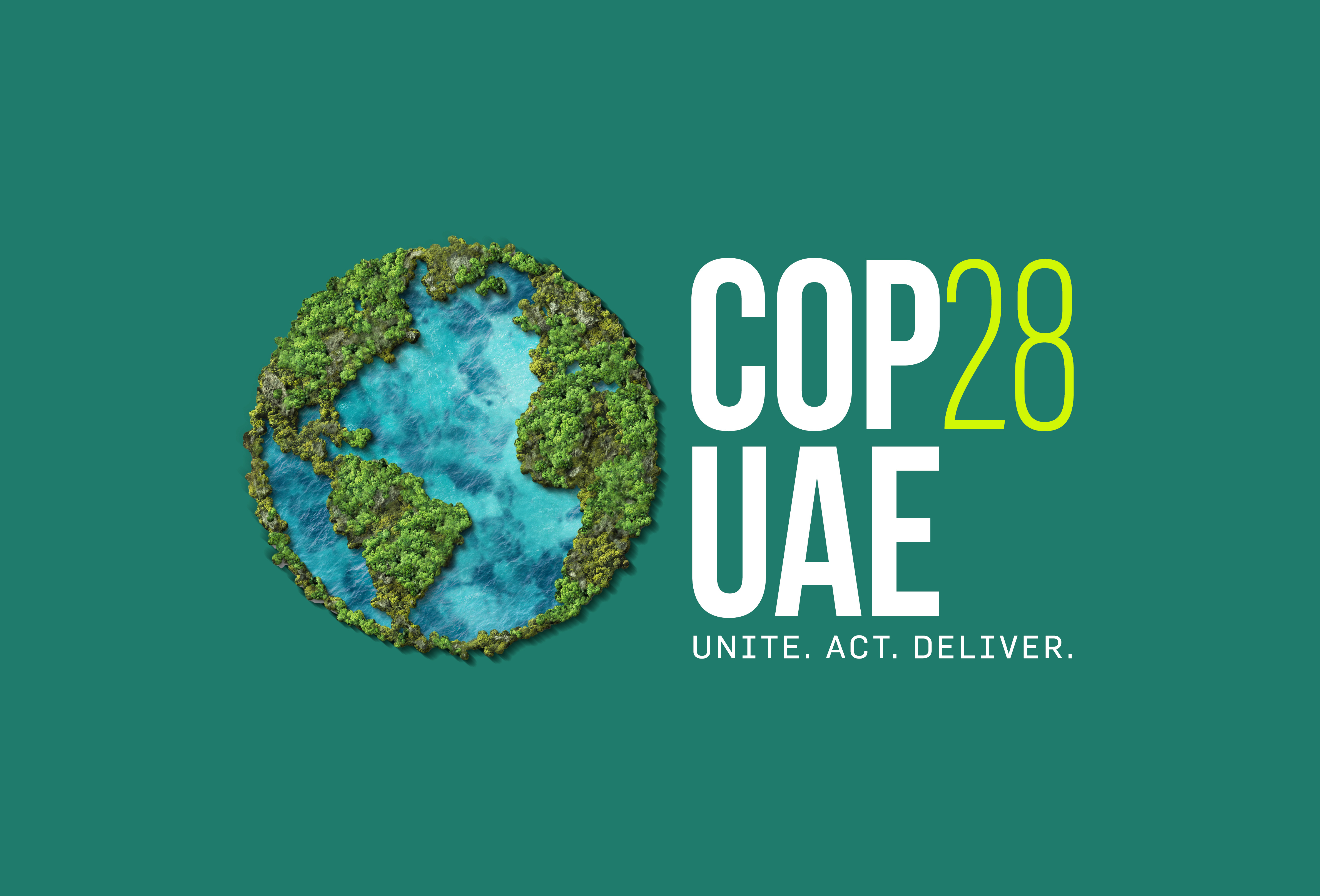
As COP28 kicks off in Dubai, the Daily Update surveys the world of green trade and sustainability.
COP28
Beginning today (30 November) and running for two weeks, this year’s conference begins under a smog-filled cloud of controversy, as many environmental organisations have questioned the decision to allow Sultan Al Jaber, chief executive of the country’s state-owned oil company, serve as president.
This follows Monday’s (27 November) news that leaked documents show Al Jaber using the presidency to lobby leaders on behalf of Abu-Dhabi National Oil Company (ADNOC). He denies these allegations, describing them as “false, not true, incorrect and not accurate”.
These concerns are exacerbated by last week’s UN Emissions Gap Report, which found that the world is on a trajectory to exceed the 1.5°C limit set at COP21 – the Paris Agreement.
According to the report, the limit, referring to the Earth’s temperature rising 1.5°C above its pre-industrial average from the late nineteenth century, has already been broken on 86 days this year.
Attendees
US president Joe Biden won’t be in attendance, instead sending climate envoy and former secretary of state John Kerry. Similarly, Chinese premier Xi Jinping won’t be in attendance, sending climate envoy Xie Zhenhua in his stead.
The Guardian notes the absence in light of China’s growing dependence on coal. After a string of power outages across the country in 2021 and 2022, a senior research fellow at Oxford’s Institute for Energy Studies said “Chinese officials view coal as the primary guarantee of energy security” challenging plans to lower use.
Notable attendees from the UK include prime minister Rishi Sunak, new foreign secretary Lord Cameron and King Charles III – who have already generated gleefully snide headlines for taking separate planes to attend the event.
Reuters outlines the blocs of countries also represented, including ‘G77+China’ alliance of developing countries and a coalition of 46 least developed countries which are disproportionately feeling the effects of climate change despite not contributing significantly through emissions.
An ongoing point of discussion throughout COPs is the amount of money that some argue the world’s richer, more polluting nations should be paying to support nations struggling with the effects.
This is complicated by the definition of some countries as ‘developing’ based on old classifications, despite now being more prosperous and contributing greater emissions.
EU-Indonesia biodiesel dispute
The World Trade Organization (WTO) has agreed to open a panel dispute into import duties placed on Indonesian biodiesel by the EU.
Introduced in 2019 and due to expire in 2024, the 8–18% duties are designed to offset the impact of state subsidies.
In August, when Indonesia first petitioned for the panel, Djatmiko Bris Witjaksono, director general of international trade cooperations at Indonesia’s ministry for trade, said the duties had “caused serious damage to Indonesian industry, especially when the global economy has only started to recover from the COVID-19 pandemic”.
Its bureau of statistics found its biodiesel exports fell 28% a year after the duties were first imposed.
Deforestation rules
This is especially pressing given the escalating tensions since new EU laws tackling deforestation at a supply chain level further threaten Indonesian palm oil exports.
The law, passed in May and coming into effect at the end of 2024, will require companies to prove that any products exported to the EU have not been produced on land not subject to deforestation.
In this context, IOE&IT trade policy and engagement lead, Henriette Gjaerde, said:
“This case highlights the challenges of aligning trade policy with environmental goals and the delicate balance in international policymaking, especially in a global context where countries have varying priorities and capacities for sustainable development.”
Since May, it’s been a major source of contention, with some praising the EU for a ground-breaking piece of legislation that could help combat deforestation, while others have highlighted the potentially disproportionate impact it could have on small suppliers with less capacity to evidence their compliance.
Coffee’s green-vamp
One product closely connected with deforestation and subject to the new EU laws, coffee, is being addressed by start-ups to eliminate waste.
In addition to the damaging effects of converting land for bean farming, coffee products send millions of tonnes of methane-generating ground to landfill each year.
The FT reports on a number of innovative firms converting by-products into useful products. This includes Woodpecker, a Columbian construction firm turning coffee husks into homes and Berlin-based Kaffeeform, which turns coffee grounds into reusable cups.



